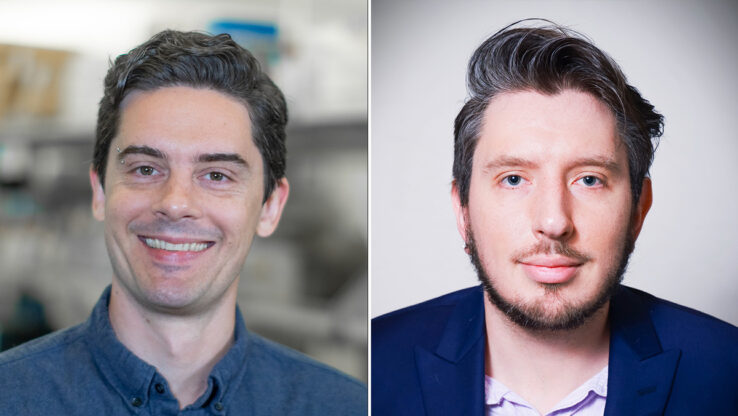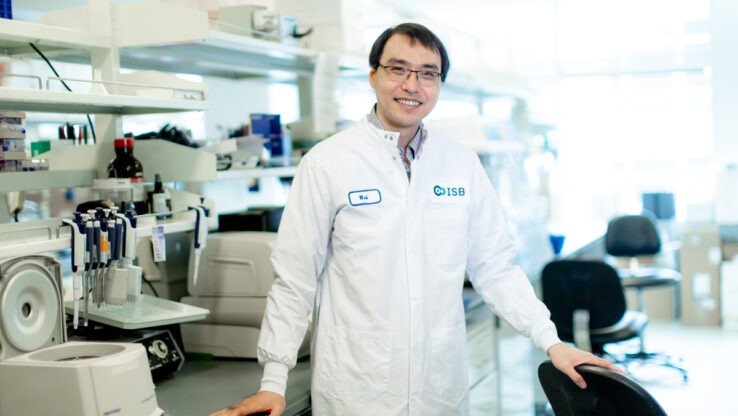ISB in Antarctica: Researcher Receives Medal
 isbscience.org/news/2013/07/05/isb-in-antarctica-researcher-receives-medal/
isbscience.org/news/2013/07/05/isb-in-antarctica-researcher-receives-medal/
Allison Lee, who traveled to Antarctica this spring aboard a research cruise on an icebreaker in the Ross Sea, just received an Antarctic Service Medal for her participation. The medal was created by Congress and presented by the National Science Foundation to those who serve on a U.S. expedition to Antarctica. Allison is a member of the Nitin Baliga Lab and has been working closely with senior research scientist Mónica Orellana, who focuses on studying algae and ocean acidification. Congratulations to Allison! (Read dispatches from Allison’s trip here.)









